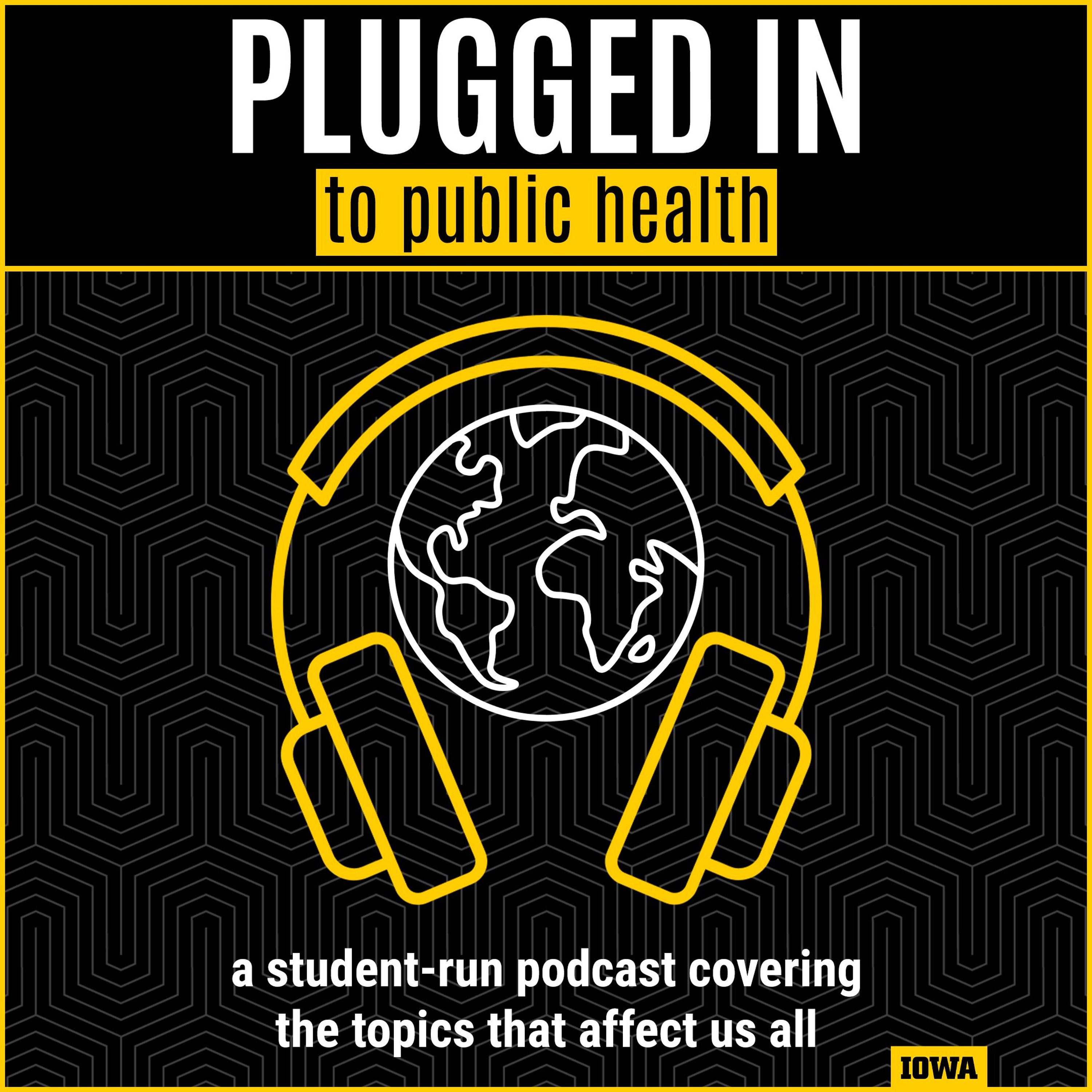
Under the Weather: atmospheric science and public health Pt. 2
University of Iowa College of Public Health
Shownotes Transcript
This is part 2 of Lauren's conversation with Dr. Wang about his work in atmospheric science and implications for public health.
Dr. Jun Wang's lab at the University of Iowa is developing innovative technologies for satellite remote sensing and low-cost environmental sensors to better understand and combat challenges like wildfires, air quality, and climate change.
The satellite remote sensing allows them to extract 3D information about smoke layers and fire lines, providing critical data to predict air quality and support firefighting efforts.
The low-cost "iCanopy" and "iAir" sensors measure air and soil conditions at a neighborhood scale, helping to address environmental justice issues and inform decision-makers about resource allocation.
Dr. Wang's lab is leading an interdisciplinary project to study how severe weather and climate change are affecting rural communities, using sensor networks to collect high-resolution data and make it accessible to local citizens.
The research aims to provide tangible, data-driven solutions to help rural communities better prepare for and adapt to the impacts of a changing climate.
A transcript of this episode is available at https://www.public-health.uiowa.edu/news-items/plugged-in-to-public-health-under-the-weather-atmospheric-science-and-public-health-pt-2/
Have a question for our podcast crew or an idea for an episode? You can email them at [email protected]
You can also support Plugged in to Public Health by sharing this episode and others with your friends, colleagues, and social networks.